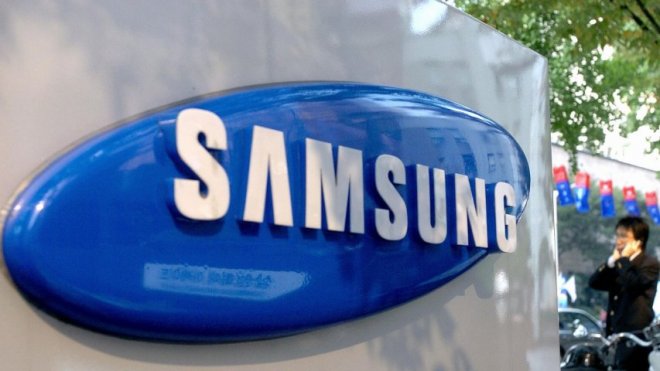
Months after Apple made the announcement of its Siri-powered HomePod, Samsung has started preparing a counter attack by developing its native smart speaker. The new hardware by the South Korean company would also make the competition tougher for Amazon's Echo and Google Home.
Samsung's mobile division president DJ Koh confirmed the development of a smart speaker in a conversation with CNBC. "I am already working on it," Koh told the news channel.
The executive didn't reveal any details about the release date of the developing model. However, it is speculated that the smart speaker would be based on digital assistant Bixby Voice that was debuted on the Galaxy S8 and S8+ earlier this year and is arriving on their predecessors in the coming days.
Originally available for Korean users, Bixby is designed to counter Amazon's Alexa, Apple's Siri and Google Assistant with its voice-based interaction features that are powered by Samsung's in-house artificial intelligence (AI) efforts. The digital assistant allows users to set a reminder, shop online or search the Web using their voice commands. Additionally, there is a Bixby Vision version that leverages thecamera sensor of the flagship Galaxy range to identify major landmarks and translate a visible text.
Also read: Samsung's Bixby released globally; Should Siri feel threatened?
Basically, Bixby Voice is a model to help the South Korean companystep into the world of voice assistants that is reaching new levels through enhancements in Alexa, Google Assistant and Siri. Among the entire range, Siri is indeed a revolutionary model as it has been a part of iPhones and iPads since October 2011 and has even created avenues for its competitors including Alexa and Google Assistant.
In June, Apple formally expanded Siri -- just from being a personal assistant on its iPhone and iPad devices and an advanced feature on its smartwatch to a complete home communication solution -- by bringing its presence to HomePod. The speaker is scheduled for December with seven built-in tweeters and a four-inch woofer.
'Vega' in the town
A previous report by the Wall Street Journalclaimed that Samsung is developing its smart speaker project for about a year. Codenamed "Vega", the development was initially aimed to take on Echo that Amazon launched in the US back in November 2014. According to market research firm eMarketer, Amazon's Echo is leading the market of home smart speakers in the US with 70 percent of share. Google Home, which was debuted two years after the arrival of the Echo, on the hand stood at second by capturing nearly 24 percent of the market.
The US region seems to have a huge potential for all key contenders of the looming smart speaker space, including Amazon, Apple, Google and Samsung. An NRP consumer survey highlighted that of the 1,600 respondents, 42 percent considered smart speakers to be essential in their daily lives. Moreover, nearly seven percent of the total US population own at least one smart speaker.
Facebook is joining the race
While Samsung is developing its new device and Apple is yet to bring the HomePod to the public, Facebook is also apparently in plans to enter the arena soon. The Menlo Park, Calif.-based company has already started building its team of hardware engineers for an experimental lab called Building 8. This new division is reported to be testing a smart speaker that will include a Siri-influenced voice assistant.
Facebook is hiring some Apple veterans to enhance AI techniques powering its voice assistant. This advanced technology would be a part not just Facebook's smart speaker but also a chat device that is said to be a touchscreen panel.
The arrival of fresh advancements from Samsung and Facebook are likely to expand the initial smart speaker space. It would create a competitive environment for existing players like Amazon and Google as well as new entrant such as Apple.









